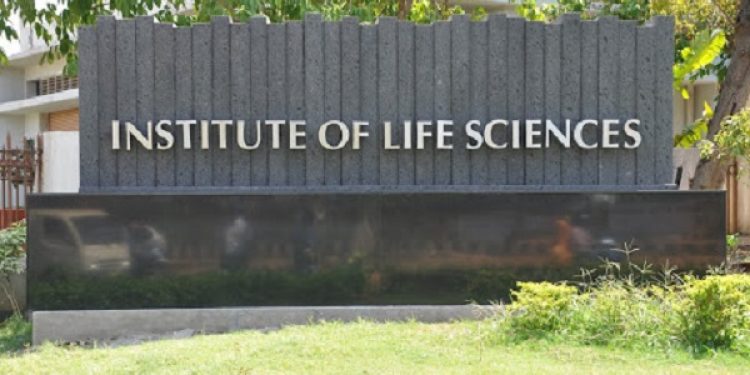Bhubaneswar: In a development that promises to help in better handling of dreaded disease rabies, a team of scientists from three institutes – Institute of Life Sciences (ILS), Bhubaneswar, Mumbai Veterinary College, Mumbai and Haffkine Institute, Mumbai, have found how the virus affects the brain at molecular level.
The research team led by Amol Ratnakar Suryawanshi and Suchismita Behera, have used the proteomics (study of proteins and their expression) approach to identify proteins in the dog brain that are responsible for rabies virus infection considering that more than 95 per cent of human rabies cases occur due to transmission through dog bite.
Rabies is almost untreatable even with the availability of vaccines. After entering the body, the virus remains dormant for periods ranging from 20 to 90 days without showing any clinical symptoms and when the symptoms emerge there is not much time available to offer any effective treatment.
Death occurs within two to seven days. Fatality is thus almost 100 per cent.
The currently used diagnostic procedures are all based on invasive techniques and are not very sensitive. The findings of the study conducted at ILS sheds light on addressing these problems.
The team is undertaking further experiments to investigate the role of various identified proteins in the molecular mechanism of the rabies virus infection. The study has been published recently in the International Journal of Proteins and Proteomics.






































